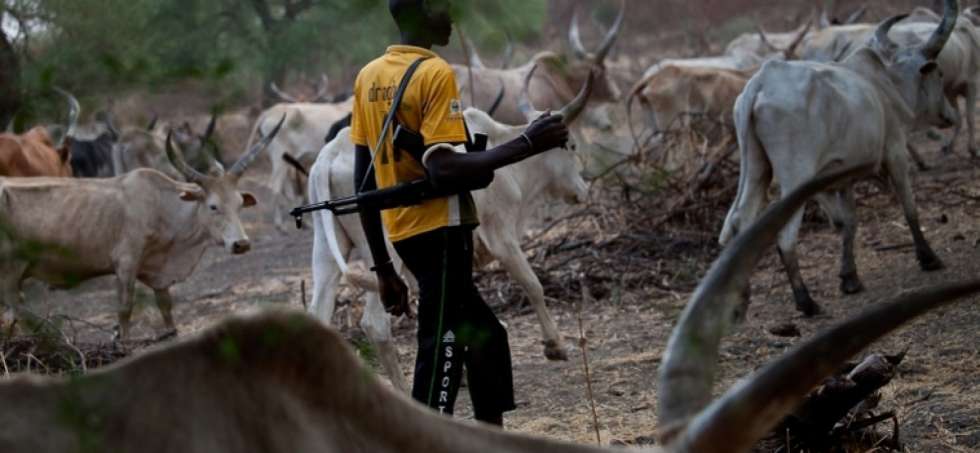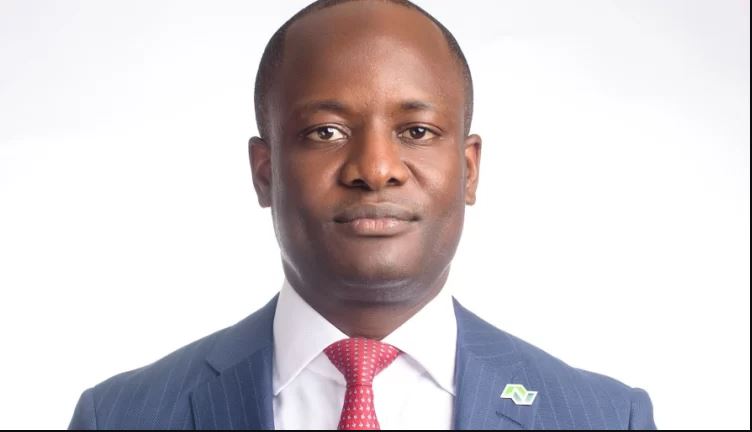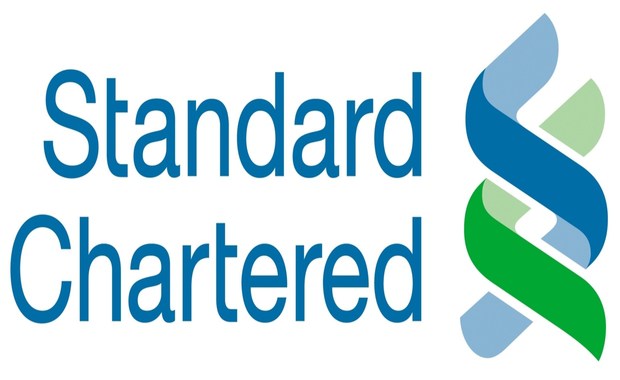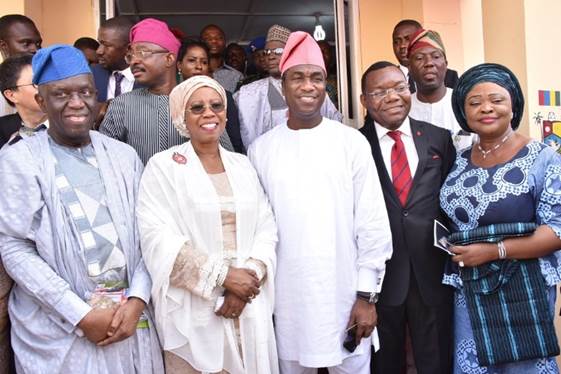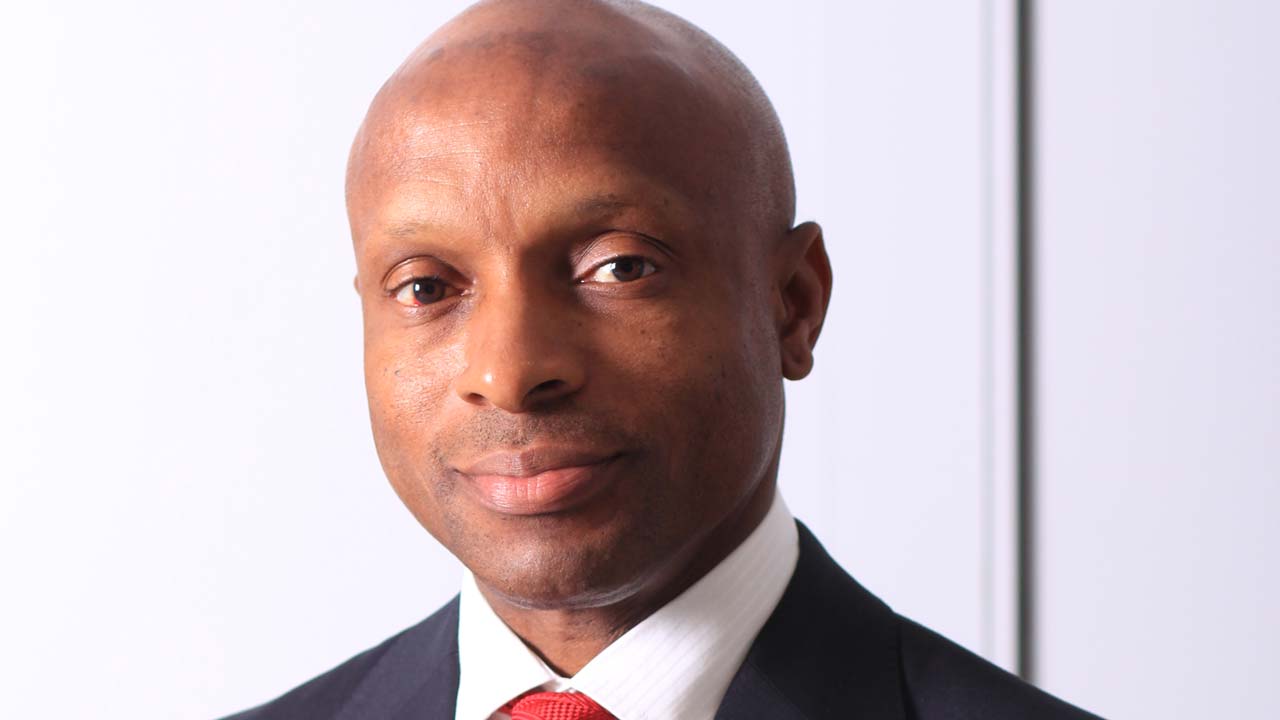The Lagos Chamber of Commerce and Industry (LCCI) has come out to reveal that an estimated N200 billion planned investment in an agro allied industry is currently put on hold by prospective investors as feeling of insecurity rattles the country.
LCCI President, Mr. Babatunde Ruwase gave the hint in Lagos during ‘Security meets Business” Dialogue session organized by the chamber.
According to him, food security was looming as agricultural production was being threatened by security concerns.
He argued that “No meaningful business can be done in an environment that is insecure. Security of life and property is a very critical factor in the investment environment and a major consideration in investment decisions”.
“The impact of these security challenges on business and investors’ confidence is phenomenal. Not much investment activities are taking place in the North-Eastern part of the country.
“Attacks by herdsmen on farming communities across the country are not abating, resulting in increasing loss of lives.
“Many rural farmers are holding back from the current planting season because of the fear of attacks by herdsmen.
“Agricultural activities are being negatively impacted. Already food inflation is at 20 per cent as against 12 per cent for core inflation,” LCCI chief noted.
Continuing, he said the oil and gas sector was facing fresh threats of attacks on oil installations, adding that there was 10 per cent increase in insurance premium on security related risks in the last one year.
Ruwase revealed that an estimated N78 billion was being spent by ICT and Telecoms companies in replacing stolen and vandalised equipment, noting that “Nigeria’s position in the Transparency International Security Ranking has dropped to 149 out of 163 countries because of security challenges”.
While acknowledging the efforts and progress of the government and security agencies in addressing the problem of insecurity in the country, Ruwase averred that a great deal still needed to be done.
In his keynote address, U.S. Consul-General, Mr. John Bray, said even though private investments of U.S. companies in Nigeria were more than $8.1bn, some American companies had thrived, while some that could not cope had left the country.

